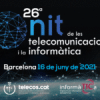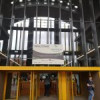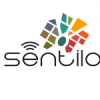Felicitats !!! "@AmicalWikimedia: #AmicalWikimedia és finalment reconeguda a nivell internacional http://t.co/i8qi3Slf0B"
-
Ets una empresa o una administració i tens un projecte.
- Busques una sol·lució Opensource?
- Et cal prop teu una empresa especialitzada en Opensource?
- Necesites més informació?
Agenda
- 2021-05-27 09:13:53 - Nova edició de La Nit de les telecomunicacions i la informàtica
- 2018-08-06 10:02:10 - Librecon 2018
RT @josepfigols: Demà, dj 25, 11h, #bdw13 taula rodona sobre #OpenData amiando.com/BDWBarcelona20… amb @mgarrigap @jminguillona @daniel_julia @xsancliment
RT @glynmoody: #Wikipedia Adopts MariaDB - bit.ly/Y15tZA really big win here #opensource
Links relacionats
 Loading ...
Loading ...- Administracio Alfresco Associacions CatPL CMS COEIC Col·laboració Convocatories Convocatories CatPL costos cursos DJ CatPL Empreses CatPL events Events TIC Formació Generalitat gvSIG Informes Internacional ITIL jetton casino jetton games jetton казино Jornades la nit LISI mobils Municipis Noticies TIC oferta de col·laboració Openoffice participacio PIMES Premi CatPL Programari Seguretat Sinergia TIC treball Universitat web2.0






